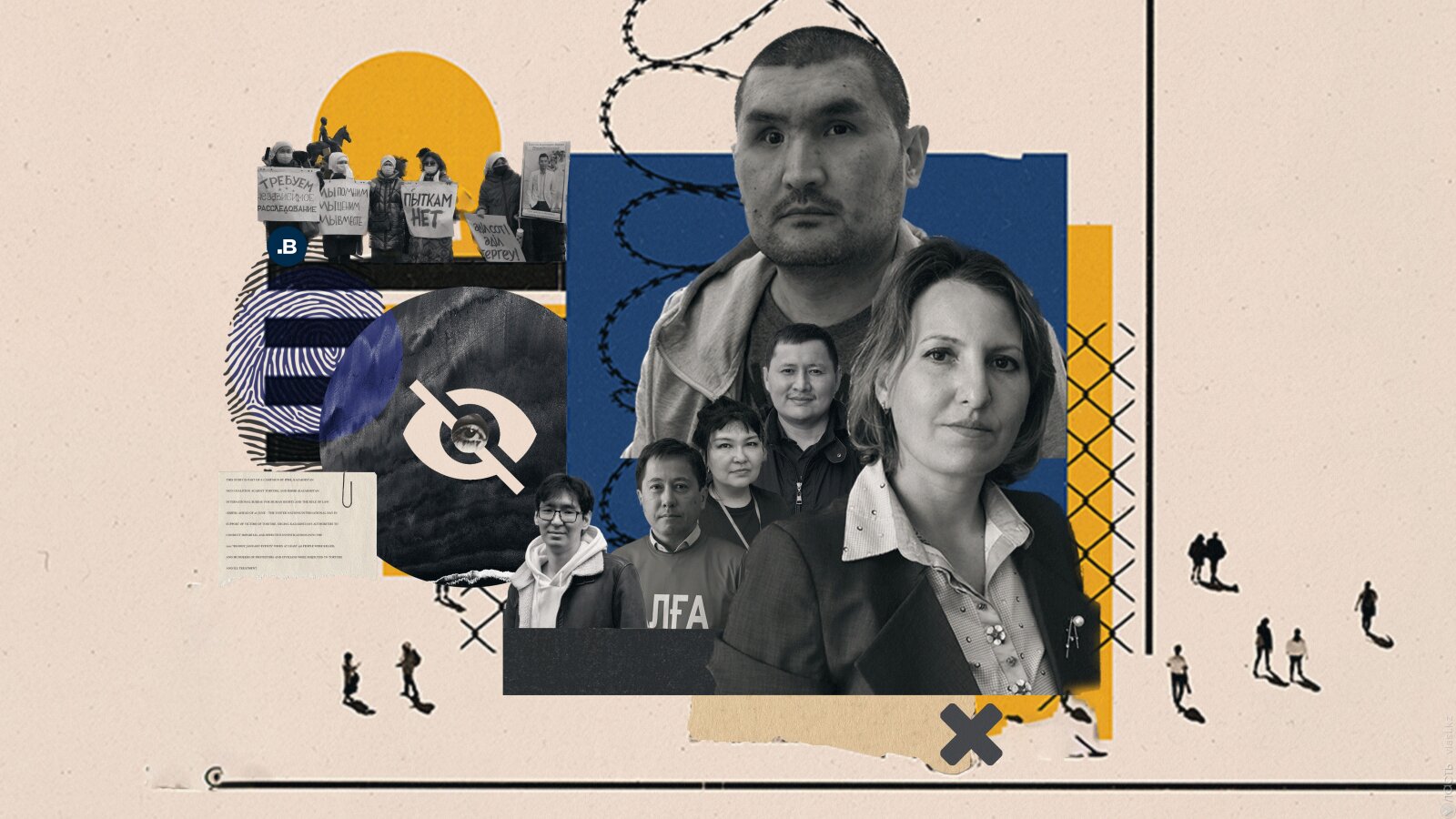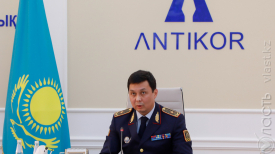Despite numerous public calls for justice by victims and their relatives, and official pledges of impartial investigations, impunity persists in Kazakhstan, where torture victims are waiting in the dark for justice.
Nearly one and a half years have passed since Qandy Qantar (Kazakh for “Bloody January”) shocked Kazakhstan and the world community. The official narrative around the events - a violent attempt to seize power by terrorists - has been widely contested, and the sentence against former security chief Karim Massimov for high treason suggested a potential “opaque intra-elite competition”. Indeed, President Kassym-Jomart Tokayev promised a “fair national investigation into what happened” - including into allegations of torture and ill-treatment of detainees. But those promises ring hollow considering the shockingly low rate at which perpetrators have been prosecuted and the government’s inaction towards helping victims and their families in their quest to find justice and closure.
Abducted from Hospital
Yermek Abdreshov is one of the victims. For more than a year, he has been seeking justice, after the torture he suffered had life-changing consequences: he lost his sight. A stun grenade exploded next to him during urban clashes in Almaty. When he woke up in the hospital three days later, his vision was damaged and he could only see dark shadows. Later, he was rounded up by masked men in black uniforms and taken to a detention center, where officials beat him and other victims, outside in the snow. After being doused with cold water, he was taken inside, and again beaten on the head with batons. At this point the last remnants of Yermek’s vision disappeared. Since that harrowing day he has been living in the dark.
And Yermek is just one of many. The Atyrau-based journalist Olesya Vertinskaya was subjected to violence and death threats during her unlawful detention. Olesya was detained twice: the first time on January 7, in front of her three children. Two days later, she was detained again and taken to the Dinamo sports complex, where she saw numerous people covered in blood. She herself was smacked forcefully against the wall after being told by a police officer to shut up. She recalls: “He started shouting that I should be shot”. Olesya was later released. She was not the only person who reported being taken to the makeshift torture center that the sports complex had become.
Little Faith in Justice
The authorities have to date been unable to identify Yermek’s abusers. The investigation on the perpetrators was closed due to lack of evidence. Charges brought against Yermek for alleged participation in violent public disorder were dropped in 2022. Today, Yermek receives a small disability allowance. The Almaty Prosecutor made an official apology to Yermek in June 2023, for his unfounded prosecution and for the harm he suffered while in detention. He is now filing a court case for compensation for the moral and physical damage he suffered. Yermek has shown unfailing strength in his fight for justice. “My message to the authorities: Find the torturers, and punish them! They were confident that they wouldn’t be punished!”
In Atyrau Olesya had been charged with participating in an illegal demonstration, but the court later acquitted her because she was there as a journalist on duty. She would later be the target of several other accusations. Olesya’s claim that she was tortured was initially dismissed because “the corpus delicti was missing”, but was reopened in February after video evidence emerged. But Olesya has little faith in justice.
She demands an apology from the authorities, adding: “We need a new foundation which is based on human rights, and we have to start building it again, from scratch.”
Living in the Dark
Yermek may have lost his sight, but he continues to seek a better future and a better tomorrow, and uses his voice to spread the word: “I want justice - I live in the dark now.”
Despite Tokayev’s assertion that “we must tell the truth - this is my principled position,” it is evident that the victims of these brutal acts of torture will not be able to find justice without a serious political commitment to ending impunity for torture. Let’s end it now, for the future of Kazakhstan.
Alva Omarova is a researcher for International Partnership for Human Rights. IPHR is an independent, non-governmental organization founded in 2008. Based in Brussels, IPHR works closely together with civil society groups from different countries to raise human rights concerns at the international level and promote respect for the rights of vulnerable communities. See more at: https://www.iphronline.org/en/
Поддержите журналистику, которой доверяют.








